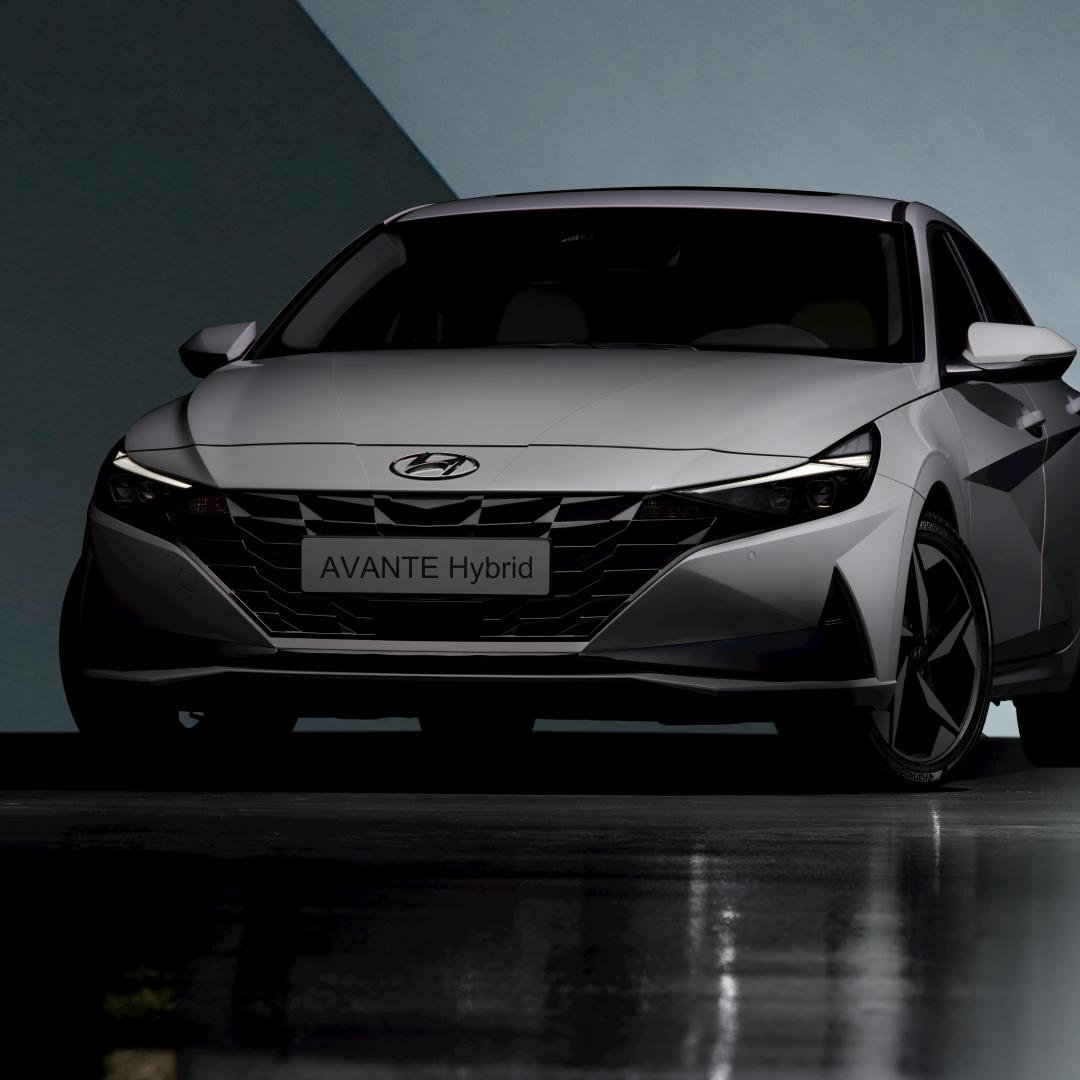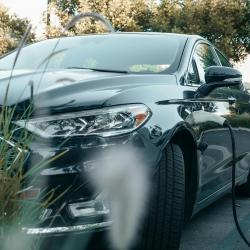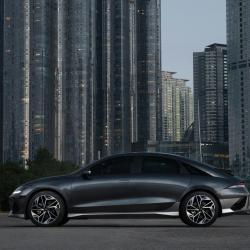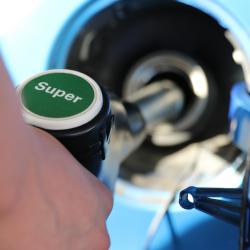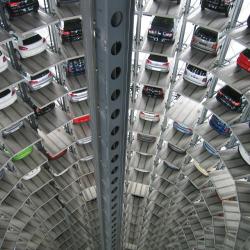Hybrid vs. Traditional Cars: Which Saves More Fuel?
Fuel efficiency remains a dominant concern for car owners and manufacturers alike. With growing environmental awareness and fluctuating fuel prices, consumers are increasingly faced with the choice between hybrid and traditional internal combustion engine (ICE) vehicles. Both options have distinct advantages and challenges, but ultimately, the question persists: which saves more fuel?
Understanding the Basics
Before diving into the intricacies of fuel savings, it’s essential to understand the core differences between hybrid and traditional cars. Traditional vehicles rely solely on internal combustion engines powered by gasoline or diesel. In contrast, hybrid cars combine a conventional engine with an electric motor and battery, enabling energy to be utilized more efficiently.
Fuel Efficiency: The Key Differentiator
-
Hybrid Vehicles: Innovative Energy Management
Hybrids excel in city driving conditions where frequent stopping and starting are required. Their electric motor can power the vehicle at lower speeds, shutting off the gasoline engine and thus, conserving fuel. This results in superior fuel efficiency, particularly in urban environments. Regenerative braking, a feature in hybrids, captures the car’s kinetic energy to recharge the battery, further enhancing efficiency.
A prime example of hybrid efficiency is the Toyota Prius, one of the pioneers in the hybrid market, which can achieve upwards of 50 miles per gallon (mpg) in city driving. Similarly, other hybrid models consistently demonstrate a 20% to 35% improvement in fuel economy compared to their gasoline counterparts.
-
Traditional Vehicles: Dependence on Advances
Traditional cars have indeed evolved, benefiting from technological advancements in engine design, aerodynamics, and materials, leading to significant gains in fuel efficiency. Modern ICE vehicles are more efficient than their predecessors, with some models even rivaling hybrids in highway driving conditions where the electric motor’s impact is minimized.
However, traditional cars cannot escape their reliance on gasoline, leading to higher fuel consumption especially in stop-and-go traffic where idling results in wasted energy.
Cost Considerations
While fuel savings are crucial, the initial cost of a vehicle plays a significant role in the decision-making process. Hybrids typically have a higher upfront price due to the complexity and cost of battery technology. However, potential fuel savings, tax incentives, and reduced emissions can offset this initial investment over time.
Traditional vehicles usually have a lower purchase price, but with rising fuel costs, their long-term financial benefits may diminish, especially for city dwellers.
Environmental Impact
Fuel savings are directly tied to a vehicle's environmental footprint. Hybrid cars generate fewer emissions per mile when compared to traditional vehicles, thanks to their efficient energy usage and reduced reliance on gasoline. In contrast, traditional cars contribute more significantly to greenhouse gas emissions, a growing concern for many consumers.
Conclusion: Choosing Based on Lifestyle and Needs
Ultimately, whether a hybrid or a traditional car saves more fuel depends largely on a driver’s lifestyle and typical driving conditions. Hybrids offer clear advantages for urban drivers who encounter frequent traffic and shorter travel distances. On the other hand, traditional cars may suffice for individuals who primarily use highways and can benefit from the advancements in ICE efficiency.
As automotive technology continues to evolve, the gap between hybrid and traditional vehicles in fuel savings may narrow. However, for now, hybrids remain the frontrunners in urban fuel efficiency, offering an attractive option for eco-conscious consumers and those looking to mitigate fuel expenditures. When choosing between the two, prospective buyers should weigh upfront costs, long-term fuel savings, and environmental impacts in their decision-making process.
